We all want the best for our furry, feathered, or scaly companions, but even the most loving pet owners can slip up now and then. Some mistakes seem minor but can have a big impact on a pet’s health or happiness. The tricky thing is, these mistakes are easy to miss—often because they come from good intentions or simply not knowing. It’s worth paying attention to some common missteps we might make without realising it. After all, our pets rely on us for their wellbeing, and even small changes can make a big difference in their lives. So, let’s explore some of the most frequent pet care mistakes and how to avoid them.
1. Feeding Human Food
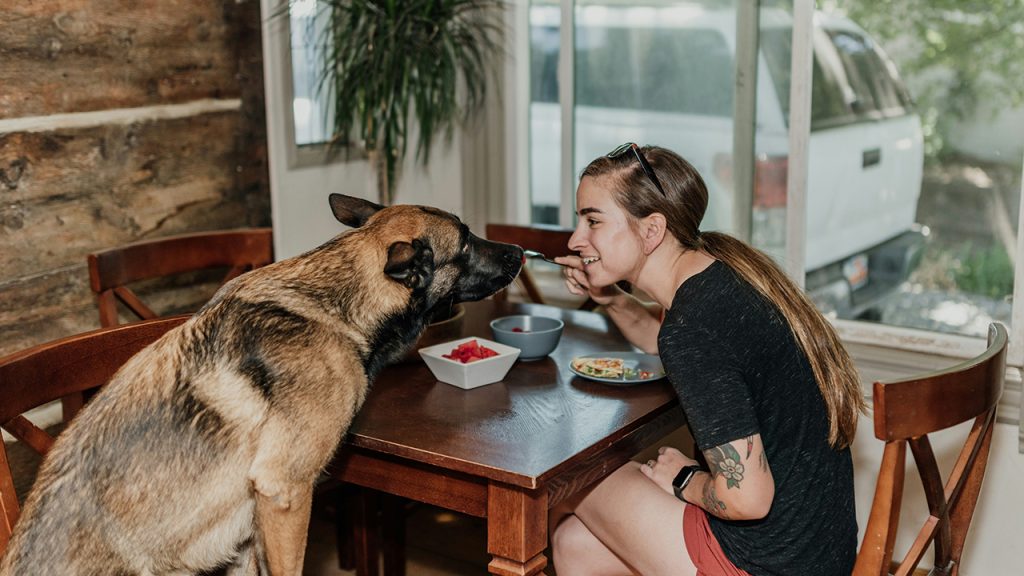
It’s tempting to share a bite of your dinner with your pet, especially when they give you those big, begging eyes. But many human foods are unsafe for pets. Chocolate, onions, grapes, and even some nuts can be toxic to animals. Even if the food isn’t harmful, feeding table scraps can lead to poor nutrition or obesity in pets.
2. Not Providing Enough Exercise
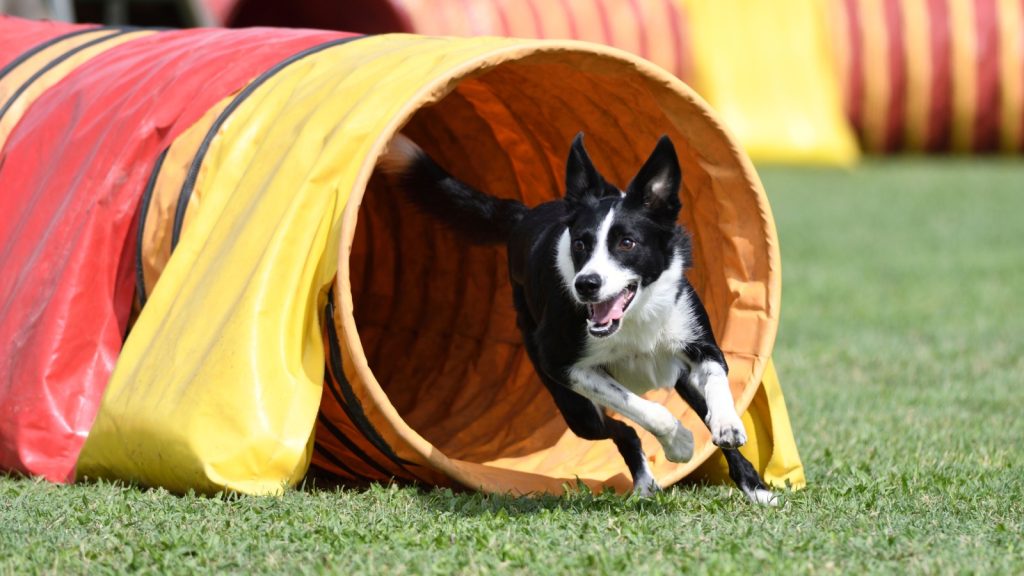
Pets, like people, need regular exercise to stay healthy. This applies to more than just dogs—cats, rabbits, and even small rodents benefit from physical activity. Not providing enough exercise can lead to obesity, behavioural problems, and shorter lifespans. Regular play and outdoor time (for pets that need it) are key to keeping them happy and healthy.
3. Ignoring Dental Health
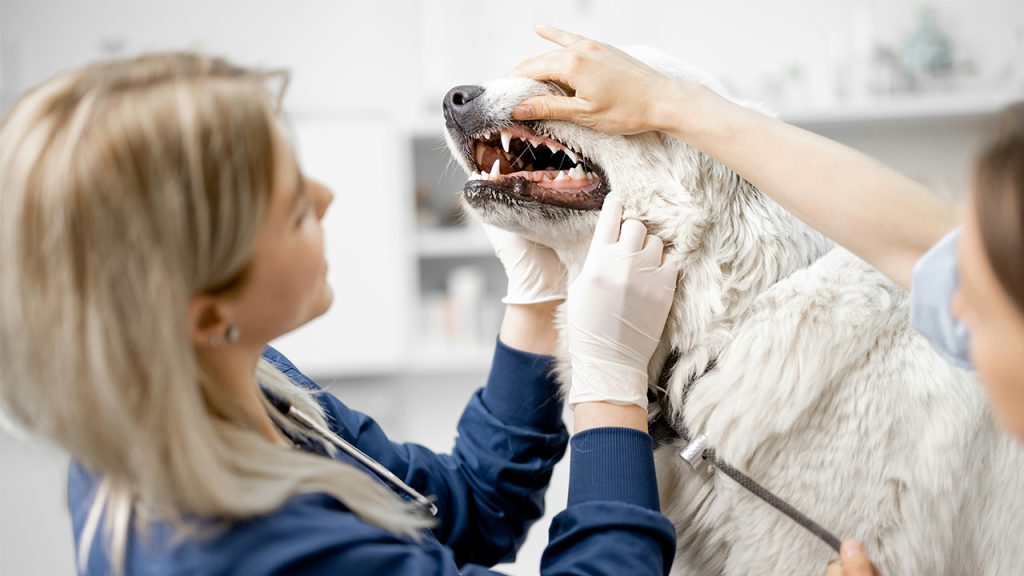
When it comes to caring for your pet’s teeth, it’s easy to forget. But dental problems are very common and can lead to serious health issues if left untreated. Regular brushing, dental chews, or vet-recommended dental diets can help keep your pet’s teeth in good condition and prevent painful issues down the line.
4. Skipping Regular Vet Visits
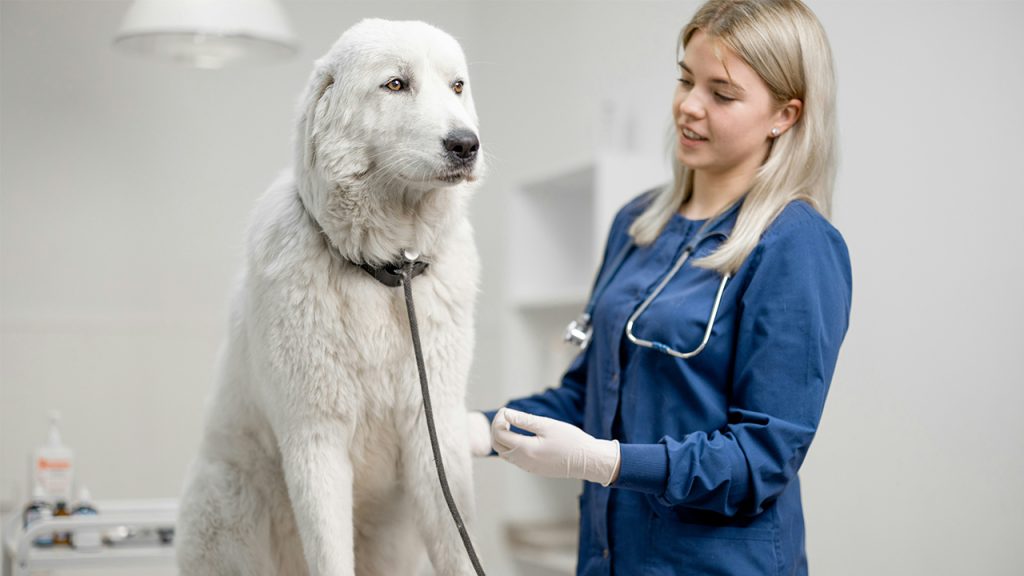
Some pet owners think that if their animal seems healthy, there’s no need to go to the vet. But pets can hide illnesses until they become serious. Regular vet check-ups help catch problems early, keeping your pet healthier in the long run. It’s also a good time to make sure they’re up to date on vaccinations and parasite treatments.
5. Using The Wrong Kind Of Collar Or Harness

Not all collars or harnesses are suitable for all pets. For example, using a collar on a dog that pulls a lot can damage their neck and trachea. Some harnesses, too, can put strain on joints. Make sure you’ve got the right fit and style for your pet’s breed, size, and walking habits to avoid injury.
6. Failing To Socialise Your Pet
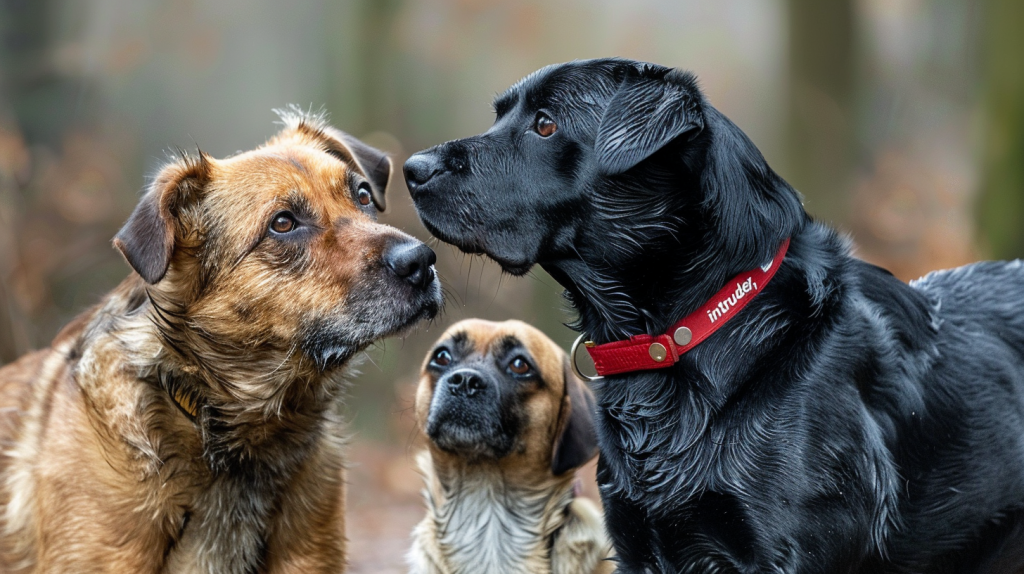
Pets need social interaction to develop well-rounded behaviours. Puppies, for example, need exposure to different people, places, and other animals to avoid becoming fearful or aggressive later in life. Even some cats benefit from careful socialisation. Without enough interaction, pets can become anxious, depressed, or display destructive behaviour.
7. Overfeeding Treats
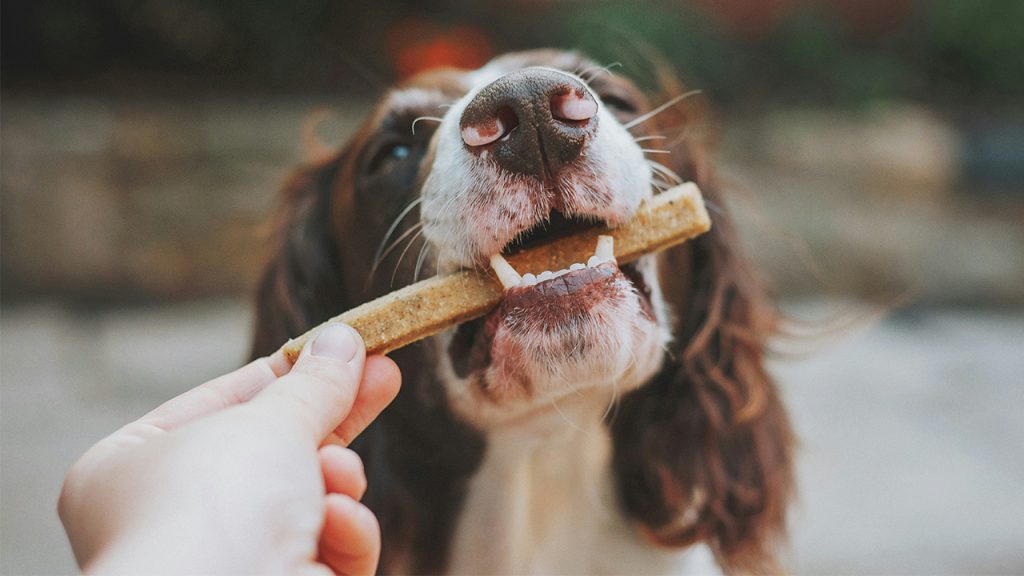
Treats are a great way to reward good behaviour, but overfeeding them can lead to obesity and other health problems. Many treats are calorie-dense, and it’s easy to give out too many in a day. Instead, limit treat portions and use them as a complement to your pet’s main diet, not a replacement.
8. Not Providing Mental Stimulation
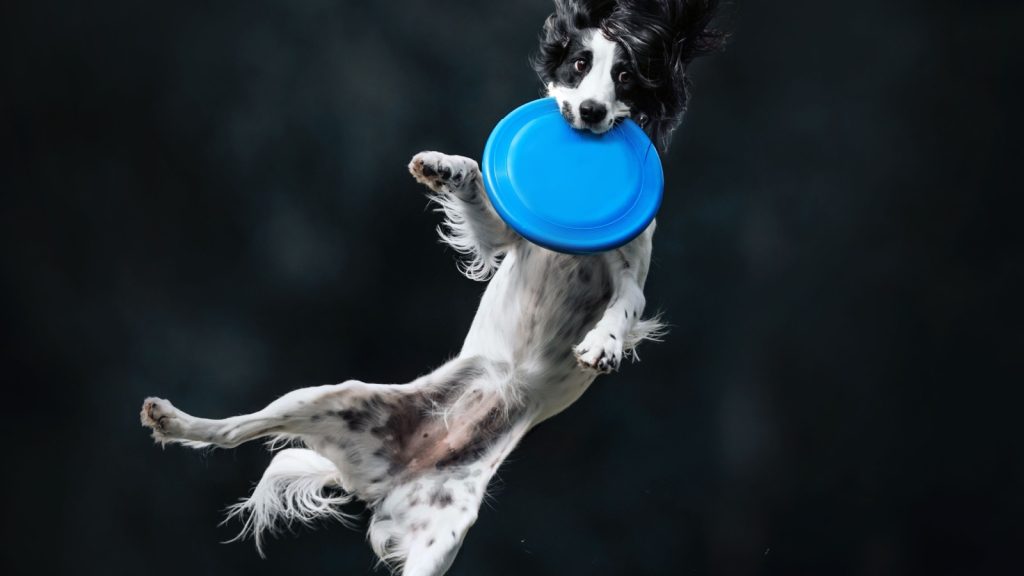
Pets need mental stimulation to stay sharp and happy. Without it, they can become bored, which often leads to destructive behaviours like chewing or scratching. Toys, puzzle feeders, and playtime can all help provide mental engagement for your pet. It’s especially important for dogs, cats, and birds, who need regular challenges to stay mentally healthy.
9. Ignoring Signs Of Pain Or Discomfort

Pets can’t tell us when something’s wrong, so it’s up to us to notice subtle signs of discomfort. Limping, reduced appetite, excessive licking, or sudden changes in behaviour could all be signs your pet is in pain. Ignoring these signals can lead to bigger health issues later on, so it’s crucial to pay attention and consult a vet if something seems off.
10. Using Outdated Or Unsafe Pet Products
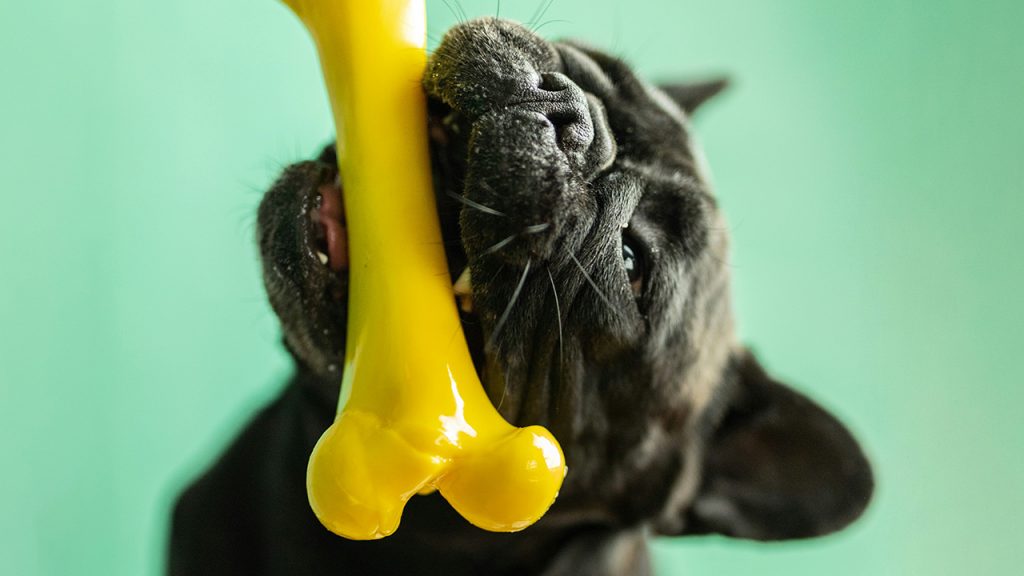
It’s easy to keep using the same toys, beds, or other products for years without realising they’re no longer safe. Toys can break and become choking hazards, and some older products might contain materials that are harmful to pets. Regularly check your pet’s belongings to make sure they’re still in good condition and safe for use.
11. Forgetting To Provide Fresh Water
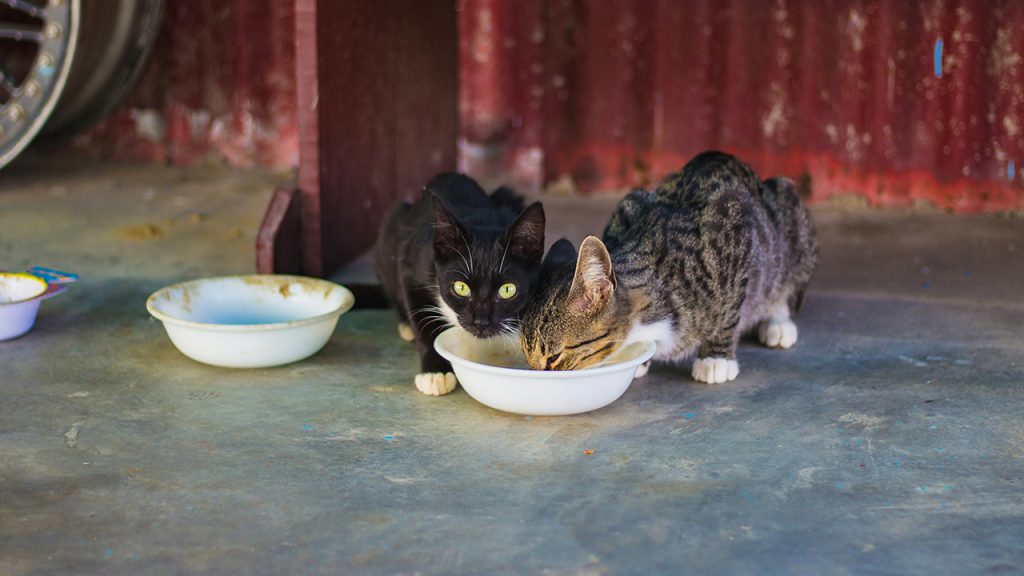
Pets need access to clean, fresh water at all times. It’s easy to forget to change their water regularly, especially if it still looks fine. But stale water can harbour bacteria and discourage your pet from drinking, which can lead to dehydration. Be sure to clean and refill their water bowls daily to keep them healthy.
12. Neglecting Your Pet’s Grooming Needs
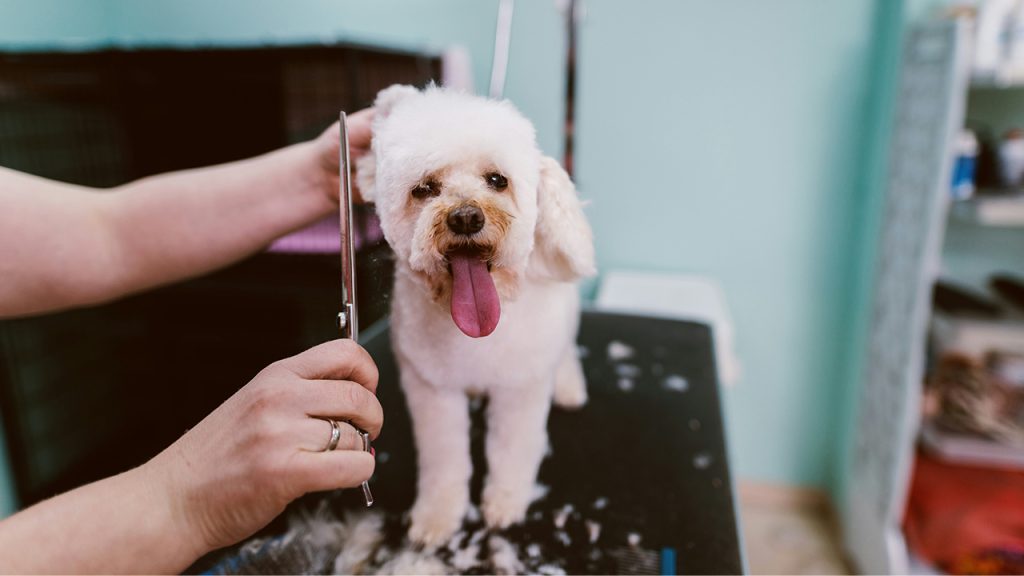
Grooming isn’t just about keeping your pet looking nice—it’s essential for their health, too. Matted fur can lead to skin problems, overgrown nails can cause pain, and dirty ears or teeth can result in infections. Regular grooming sessions, whether at home or with a professional, are key to your pet’s wellbeing.
13. Not Pet-Proofing Your Home
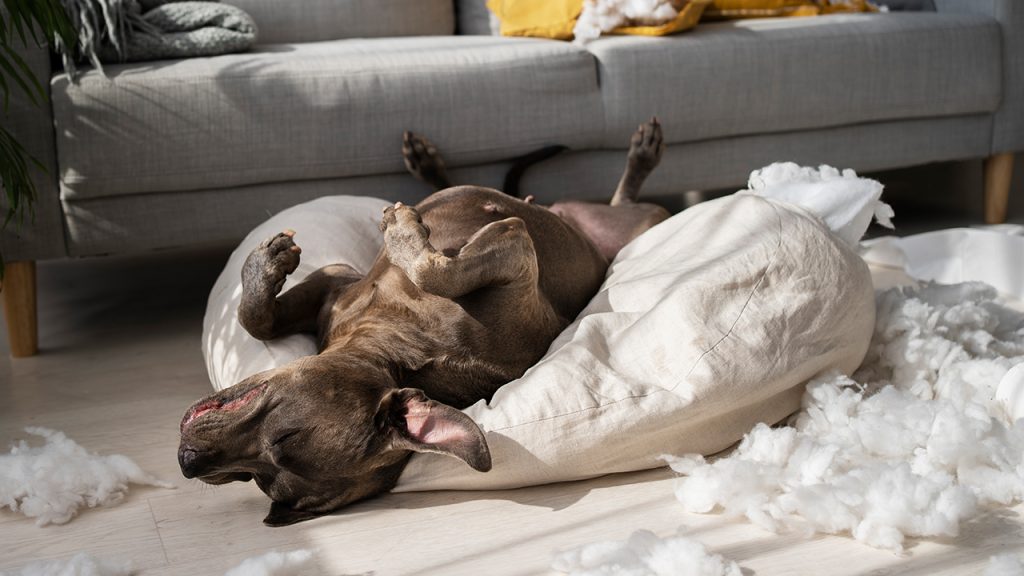
Just like baby-proofing for toddlers, pets need a safe environment to explore. Many common household items, like cleaning products, electrical cords, and small objects, can be dangerous if a curious pet gets into them. It’s important to remove or secure anything that could harm your pet.
14. Overlooking Parasite Prevention

Fleas, ticks, and worms are common problems for pets, especially those that go outdoors. Failing to regularly treat or check for parasites can lead to serious health issues, like infections or even heart problems. It’s best to stay on top of preventive treatments recommended by your vet to keep your pet protected year-round.
15. Inconsistent Training Methods

Being inconsistent with training can confuse your pet and slow down their learning process. For example, if you allow them on the sofa one day but not the next, they won’t know what to expect. It’s important to stick to clear rules and training techniques so your pet can understand what’s expected of them.
16. Failing To Adjust As Your Pet Ages
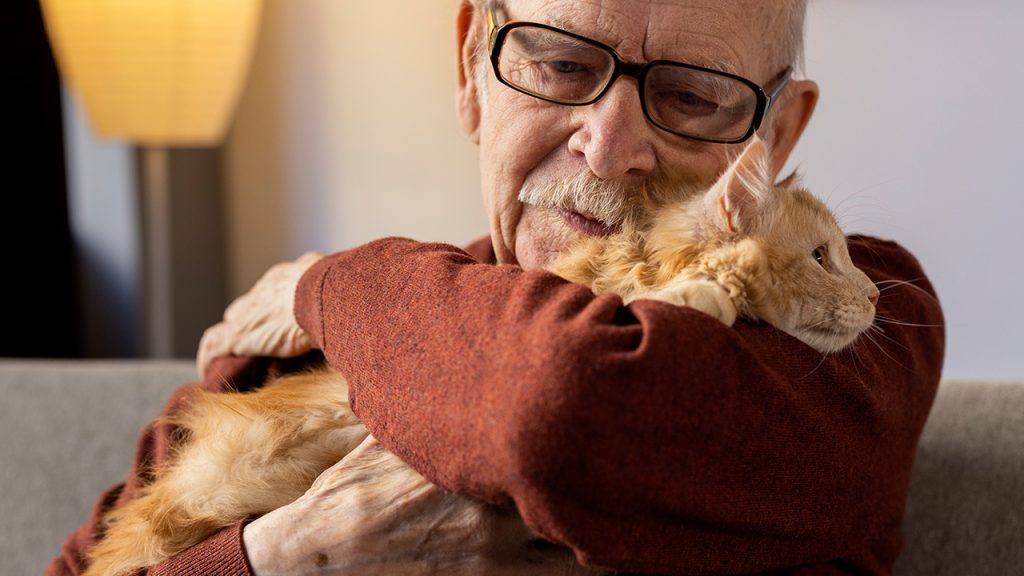
As pets get older, their needs change. They may require different diets, more frequent vet visits, or modifications to their environment, such as softer bedding or ramps. Ignoring these changes can lead to discomfort or health problems for your aging pet, so it’s important to adapt their care as they grow older.
Ellen has been obsessed with logic puzzles, jigsaws, and cryptograms since she was a kid. After learning she was taught how to play chess wrong by a family friend (so they could win), she joined her school chess club and the rest is history.


